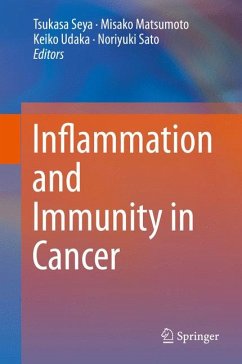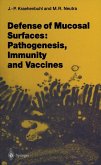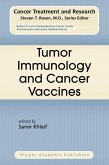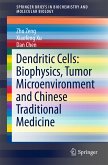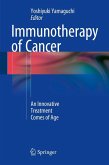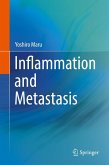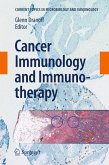This book overviews cancer immunity from broad scientific fields, based on the concept that cancer is a sort of by-product of infection, inflammation, and host immune response. The innate and acquired arms of the immune system mainly participate in tumor immune surveillance, and their activation is critically modulated by the situation of the tumor microenvironment. Many types of immune cells join the formation of the microenvironment. In particular, macrophages and dendritic cells enter the tumor mass to be main players in the inflammatory milieu of tumors. After introducing these topics, the book discusses immunotherapy for cancer patients as an outgrowth of this concept of infection and inflammation.
With the contributions of leading scientists actively involved in the field of antitumor immunity study, this book encourages readers to understand the mechanism of general cancers based on inflammation and will facilitate prevention and the development of therapeutics for cancer.
With the contributions of leading scientists actively involved in the field of antitumor immunity study, this book encourages readers to understand the mechanism of general cancers based on inflammation and will facilitate prevention and the development of therapeutics for cancer.
Dieser Download kann aus rechtlichen Gründen nur mit Rechnungsadresse in A, B, BG, CY, CZ, D, DK, EW, E, FIN, F, GR, HR, H, IRL, I, LT, L, LR, M, NL, PL, P, R, S, SLO, SK ausgeliefert werden.

